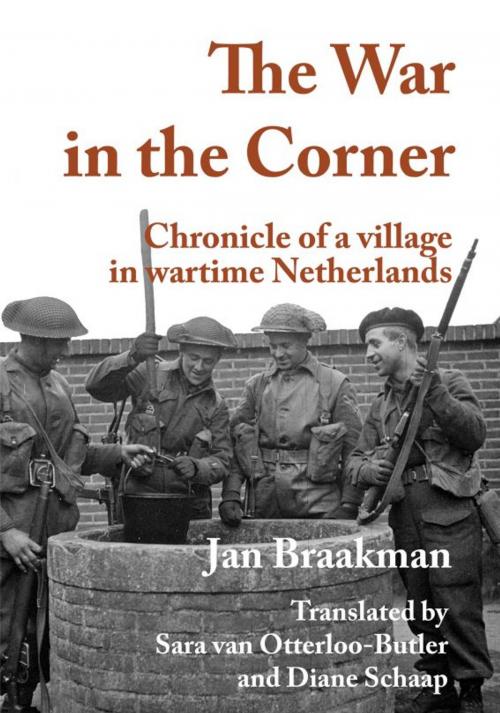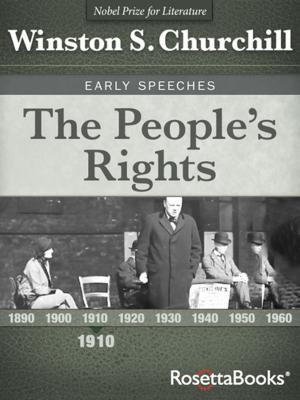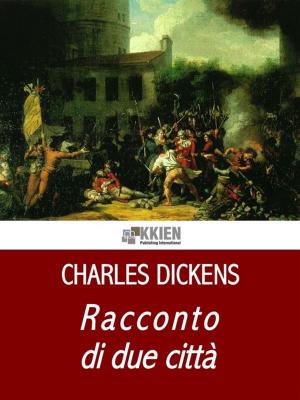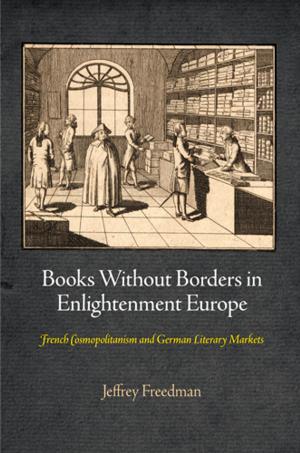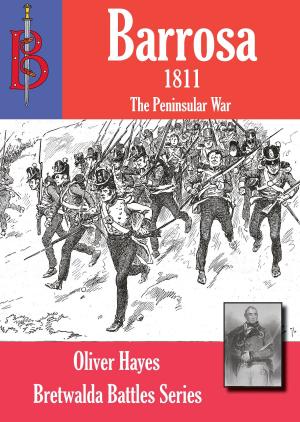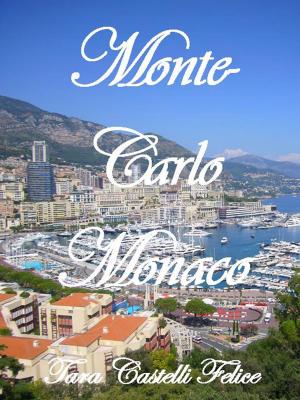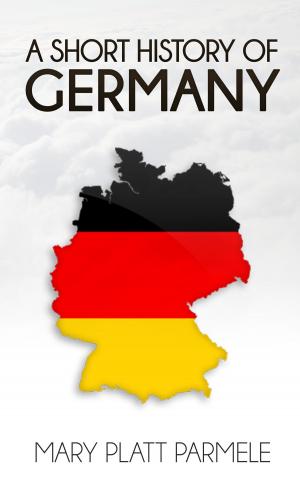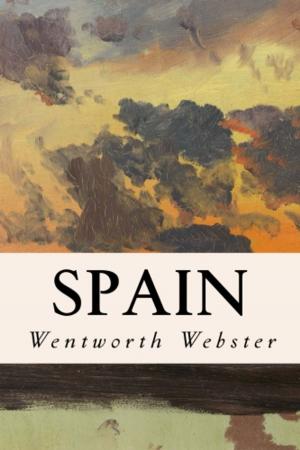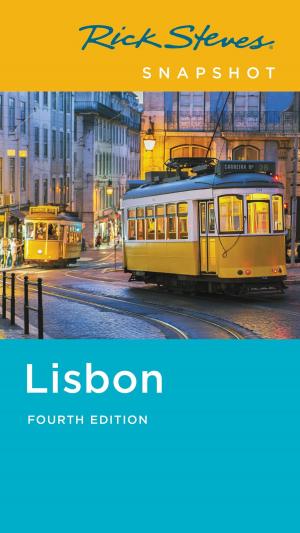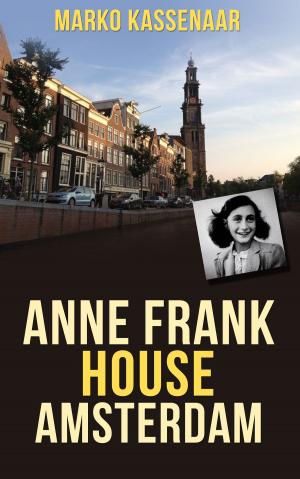War in the corner: Chronicle of a village in wartime Netherlands
Nonfiction, History, Western Europe| Author: | Jan Braakman | ISBN: | 9780987873859 |
| Publisher: | Diamond River Books | Publication: | November 13, 2012 |
| Imprint: | Smashwords Edition | Language: | English |
| Author: | Jan Braakman |
| ISBN: | 9780987873859 |
| Publisher: | Diamond River Books |
| Publication: | November 13, 2012 |
| Imprint: | Smashwords Edition |
| Language: | English |
Mark Zuehlke, author of the Canadian Battle Series, writes of this book,
“Jan Braakman's War in the Corner offers an insightful, dramatic, and evocative examination of the experiences of one small Netherlands community during World War II. The stories of resistance patriots, German sympathizers and agents, people who hid Jews and downed Allied airmen are rendered in compelling detail, but so too is the story of more ordinary citizens who sought only to survive an extremely difficult time. Braakman's journey into the past to understand what happened to his family and hometown of Laren during the occupation and subsequent liberation by Canadian troops is a story that resonates.”
In 1949, the London Free Press reported on the presentation of the King’s Medal to a local hero, Dutch immigrant Albert Jan Koeslag. Five thousand people converged on Durham, Ontario, in 1949 to witness the event. Koeslag had been active in the Dutch underground during the war, and along with his son Appie, had been decorated in the Netherlands by the Allied Forces before he emigrated to Canada. Now a Dutch journalist tells their story, along with the story of their village and the Allied Forces who liberated it, written as a "brutally candid" view of the personal side of war.
The Dutch resistance and the Allied Forces in the Netherlands, particularly Canadian soldiers, figure substantially in The War in the Corner. The book tells us how Koeslag and his son earned their medals, and describes the war-time life and liberation of the Koeslag family and their circle of villagers from Laren, in eastern Netherlands.
Jan’s mother was one of Albert’s nieces; Jan’s grandfather died in a concentration camp just as the war ended, and his grandmother died during the liberation of their village. The tale of Jan’s journey in researching and writing the book is therefore particularly poignant, but the writing itself is almost clinically objective. It connects local village life with the liberation of Canadian troops, making this book a memorial to the effects of war.
Mark Zuehlke, author of the Canadian Battle Series, writes of this book,
“Jan Braakman's War in the Corner offers an insightful, dramatic, and evocative examination of the experiences of one small Netherlands community during World War II. The stories of resistance patriots, German sympathizers and agents, people who hid Jews and downed Allied airmen are rendered in compelling detail, but so too is the story of more ordinary citizens who sought only to survive an extremely difficult time. Braakman's journey into the past to understand what happened to his family and hometown of Laren during the occupation and subsequent liberation by Canadian troops is a story that resonates.”
In 1949, the London Free Press reported on the presentation of the King’s Medal to a local hero, Dutch immigrant Albert Jan Koeslag. Five thousand people converged on Durham, Ontario, in 1949 to witness the event. Koeslag had been active in the Dutch underground during the war, and along with his son Appie, had been decorated in the Netherlands by the Allied Forces before he emigrated to Canada. Now a Dutch journalist tells their story, along with the story of their village and the Allied Forces who liberated it, written as a "brutally candid" view of the personal side of war.
The Dutch resistance and the Allied Forces in the Netherlands, particularly Canadian soldiers, figure substantially in The War in the Corner. The book tells us how Koeslag and his son earned their medals, and describes the war-time life and liberation of the Koeslag family and their circle of villagers from Laren, in eastern Netherlands.
Jan’s mother was one of Albert’s nieces; Jan’s grandfather died in a concentration camp just as the war ended, and his grandmother died during the liberation of their village. The tale of Jan’s journey in researching and writing the book is therefore particularly poignant, but the writing itself is almost clinically objective. It connects local village life with the liberation of Canadian troops, making this book a memorial to the effects of war.
